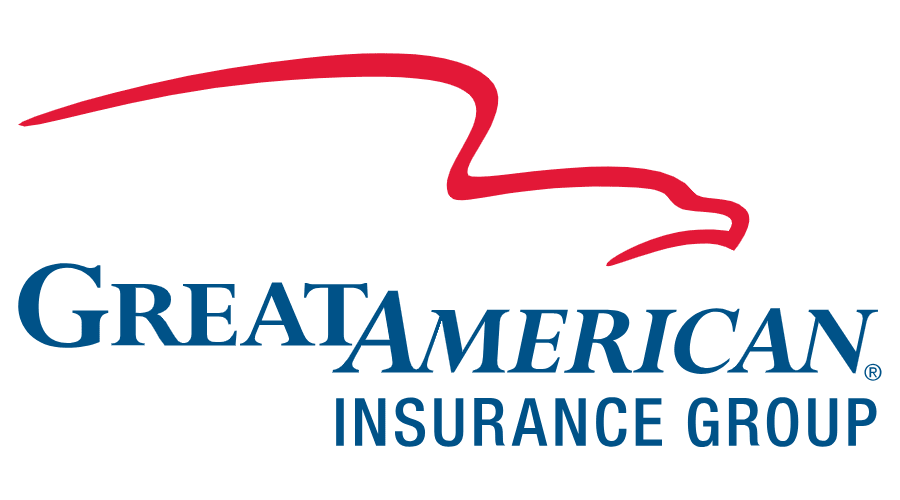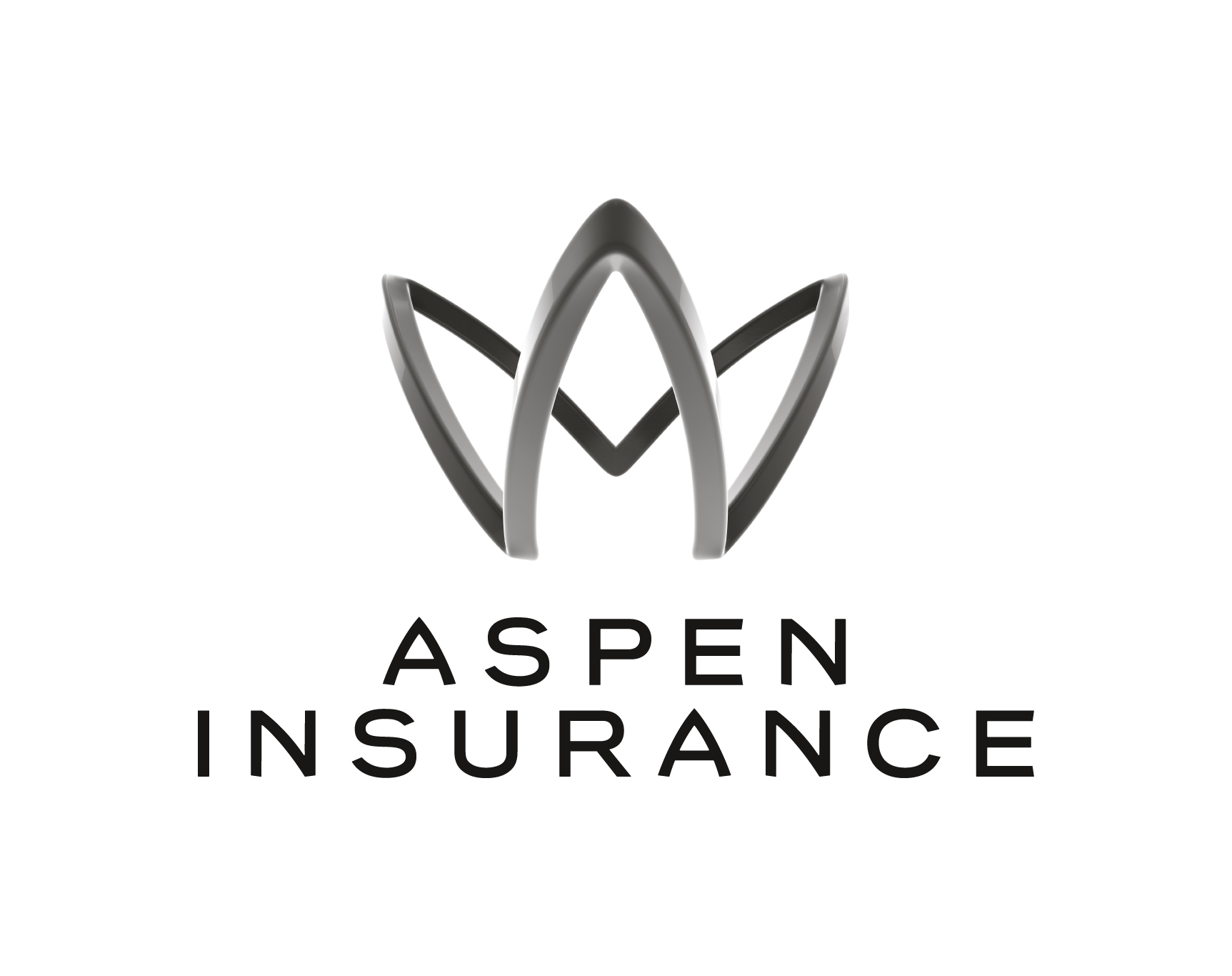
American's Best Products Pollution Policy Insurance
Five-Star Awards : Environmental Insurance
Product pollution
Designed to cover the injury or damage caused by a certain product, product pollution insurance can also cover fees from legal actions involving the policyholder’s product.
“Whether offered through a stand-alone program or as part of a broader insurance package, this product is used to minimize gaps in coverage created by common exclusions in general liability policies,” says Michael Padula, head of US environmental at Aspen Insurance. “While this specific coverage is not broadly offered in market, coverage is available from several markets and provides liability protection against third-party bodily injury, property damage and cleanup costs that may result from a pollution incident emanating from or caused by an insured’s product once it is put into its end use.”
RT Specialty’s Jeff Slivka notes that “product pollution remains fairly static, with few carriers offering coverage. [It is] very restrictive on the types of products the marketplace will offer. [And I’m] hearing nothing on restrictions in capacity.”
5-Star Excellence Awards
- Allianz Insurance
- AXIS Capital
- Berkley Environmental
- Crum & Forster
- Freberg Environmental
- The Hartford
- Ironshore
- Virtue Risk
- Westchester
Historical pollution
Historical pollution insurance guards against the delayed or long-term effects of environmental disasters, such as soil or groundwater pollution. This is similar to pollution legal liability (PLL) insurance. While there are no indications that this coverage is currently being restricted in any way, it is facing increased underwriting scrutiny, according to RT Specialty’s Jeff Slivka.
“The benefit of having [historical pollution] policies is the way in which they are structured – most carriers compartmentalize the coverage segments under these policies, allowing them to freely offer some level of coverage, even in the event there may be existing contamination,” he says. “Of course, it depends on the type of contaminant and the extent of contamination, but while the carrier may not be able to offer cleanup coverage, they still may be able to offer third-party bodily injury and/or property damage for the same contaminant – at minimum, providing liability coverage, including defense, for insureds.”
5-Star Excellence Awards
- Allianz Insurance
- AXIS Capital
- Beazley
- Berkley Environmental
- Freberg Environmental
- The Hartford
- Ironshore
- Virtue Risk
Transportation pollution liability
Transportation pollution liability insurance, also known as ‘over the road’ insurance, covers potentially harmful substances and products during transit. In addition, the policies can offer coverage for loading and unloading – frequent causes of accidental spills and exposures.
How does it work? Let’s say, for example, you own a company that produces a toxic product. If the driver of the transport vehicle happens to crash and spill the contaminants into the local environment, without transportation pollution liability insurance, you’re bound to face considerable financial exposure for cleanup charges and fines. With the insurance, both the business owner and the driver are covered.
5-Star Excellence Awards
- Allianz Insurance
- AXIS Capital
- Berkley Environmental
- Crum & Forster
- Freberg Environmental
- The Hartford
- Ironshore
- Virtue Risk
- Westchester
What does a pollution policy cover?
Pollution liability insurance covers claims brought against your company for pollution of property or that harms people. The cost of the damage award for claims like these can be astronomical, which means buying this type of insurance can protect businesses from bankruptcy or debilitating financial challenges. Typically, the standard coverage options that come with a pollution insurance policy include:
Legal defense fees. In case of a pollution-related lawsuit, insurers would provide a company with specialized attorneys as a defense. The policy may also cover various court costs and legal fees.
Clean-up efforts. Your business would be compensated for some of the costs if you are legally required to clean up contaminants. Most insurance companies would allow you to purchase stop-loss policies limiting the costs to your business in the event of a clean up. This will benefit you if more pollutants are discovered during clean up.
Operations. Companies that use hazardous materials and chemicals should have coverage for oversights and accidents that lead to pollution. The types of coverage here are: catastrophic coverage (sudden events like explosion or fire) and non-catastrophic coverage (pollution over a longer time frame that impacts neighbouring residents/businesses.)
Property transfer. If you purchase a building or a piece of land that has been contaminated or polluted by the past owner, property transfer protects you. Insurers generally cover the clean-up costs if business owners have this type of coverage.
Errors and omissions. Designed for environmental consultants or clean-up companies, this type of coverage covers for liability should they wrongly declare a property absent of pollutants or if their work produces more contamination.
How much does this insurance cost?
Pollution liability insurance policies have a wide price range, depending on the business. If you use hazardous chemics, your premiums will be higher than if you own a business that uses less. There are various factors to account for, including: the type of hazardous materials or chemicals used; the type of business being insured; the proximity of the business to residential neighbourhoods; and how the hazardous waste is disposed. The best way to figure out how much your company will pay for this type of insurance is to review quotes from various insurers. That will help you find a policy that provides the right coverage for a competitive price.
Do you need pollution liability insurance?
Independent contractors may require pollution liability insurance to protect them from damages resulting from hazardous waste materials. It is up to independent contractors to protect themselves from any damages claim caused while working. The businesses that most benefit from pollution liability coverage include agribusiness, oil, excavation, construction, waste depositories, asbestos abatement contractors, and any other company that produces hazardous waste emissions. This type of liability insurance will cover property damage, bodily injury, and clean-up costs resulting from toxic waste contamination. Additionally, you will be covered while you are finishing a job as well as when the job is over.
Does umbrella cover pollution?
There are umbrella policies that do provide coverage for sudden and accidental pollution liability usually omitted from general liability policies. A major factor that should act as a guide when you are searching for a personal umbrella policy is whether or not it covers the ‘gaps’, i.e. the liability risks your business is exposed to that is not covered by your company’s primary policy. If your company works with hazardous waste, for example, that might fall within a ‘gap’ and required added coverage.
What is limited pollution coverage?
Limited pollution liability provides coverage for third-party damages resulting from accidental pollution on your company’s premises or at a work site. It also provides coverage for third-party damages resulting from above-ground pollution at a covered premises; pollution that starts and ends within 72 hours of the policy period; up to full policy limits; defense costs beyond the liability limit; and clean-up costs as part of property damage that is otherwise covered.
What is transportation pollution liability?
Transportation pollution liability, otherwise known as TPL, is pollution insurance for ‘over the road,’ covering those who require protection for possible pollution during transportation. Transportation pollution liability coverage may also include unloading and loading in case your cargo causes pollution.
Transportation pollution liability is crucial since it provides coverage for bodily injury, property damage, defense, spill clean-up, and could also cover you for a chemical or fuel spill from a covered vehicle. There are also various ways to enhance coverage, which includes non-owned disposal sites, contractors pollution liability, pollution coverage for a third-party or common carrier transit, and pollution coverage for your premises. Typically, those who purchase transportation liability insurance include fuel and oil dealers, soil excavation contractors, medical waste haulers, companies in need of commercial vehicle pollution coverage, and emergency response contractors.
Keep up with the latest news and events
Join our mailing list, it’s free!




